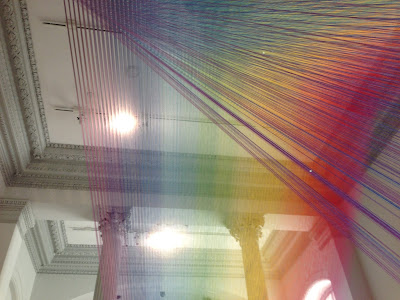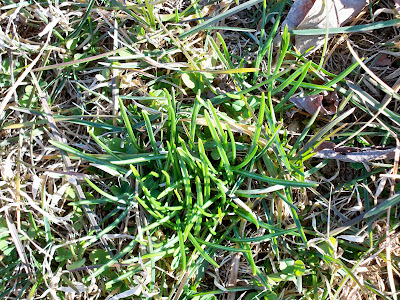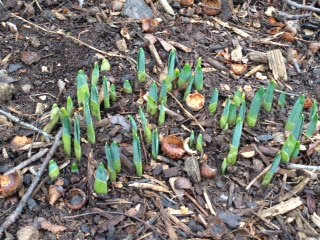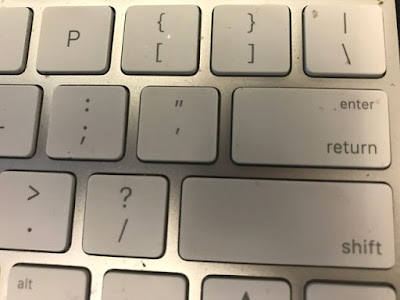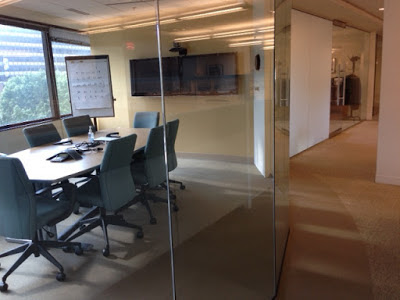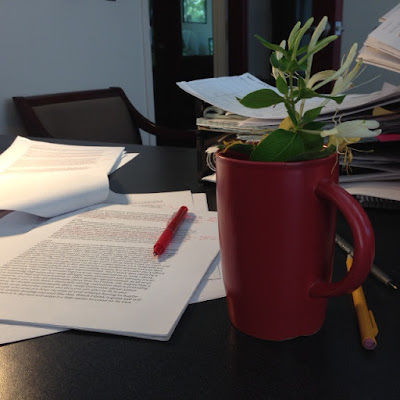One Year
Today marks one year at my “new” job. I know most names, can find most conference rooms and have located a stairwell that allows me back on the fifth floor once I do my stair-climb. (Shhh… this one is confidential; all other stairwells are locked from the other side!)
Anniversaries come more quickly than they used to, especially this one. It barely seems possible I’ve been here for one complete turn around the sun.
While I’m grateful that I could find a new job, meet new people and travel to far-flung places (especially grateful for that), I’m always mindful of the clock ticking, and of Mary Oliver’s words, which I quoted here a week ago:
The most regretful people on earth are those who felt the call to creative work, who felt their own creative power restive and uprising, and gave it it neither power nor time.
So, as I start my second year here, I’ll focus most on balance, on finding the creative path through every task. It’s not just the right way; it’s the only way.
